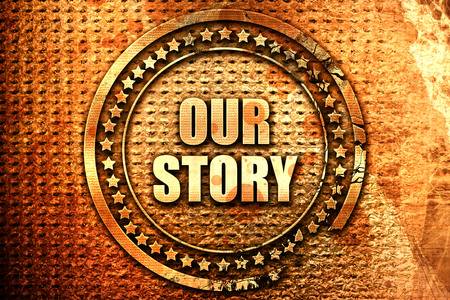 Bram Janssens
Bram Janssens
"Our stories disclose in a general way what we used to be like, what happened, and what we are like now."-- AA Big Book
Story reconstruction and storytelling have long played central roles within the addiction recovery experience. Story reconstruction, via a personal addiction and recovery narrative, uses culturally available language and ideas to make sense out of experiences that would be otherwise inexplicable. Storytelling serves as a ritual of recovery commitment, mutual identification, reciprocal support, and recovery community building. Historically, storytelling is the means through which experience, strength, and hope are shared among people rebuilding their lives in the wake of adversity.
It is perhaps inevitable that each of us would view the worlds of addiction and recovery through the lens of our own personal, family, social, or professional experiences. Such unique experiences produce widely varying declarations about the personal sources and solutions to alcohol and other drug problems. For the individuals and families experiencing addiction, the stakes of finding sense-making metaphors the building blocks of recovery stories--are exceptionally high. And metaphors that "work" (viable catalysts of recovery initiation and maintenance) for one person or in one cultural context may be unworkable or less workable for another individual and ill-fitting in another cultural context. (As an example, see paper Metaphors of Transformation: Feminine and Masculine.)
Recovery metaphors vary considerably across settings, with each setting gathering a cadre of true believers in its organizing metaphors. Leaders of treatment institutions and recovery mutual aid groups, possessing living proof of their proffered solution (even if that proof is nothing more than a well-timed placebo effect) often claim universal applicability for their ideas and methods. True belief among the saved is an expression of gratitude for one's escape from addiction and an attempted extension of such redemption to others. Institutional claims are a natural expression of the struggle to survive and enhance the esteem in which an organization is held and expand its sphere of influence. So, barring a definitive science of addiction recovery, we have vocal individuals in recovery and leaders of treatment and recovery mutual aid organization declaring possession of THE solution to severe and complex alcohol and other drug problems.
In contrast, history and science reveal the existence of multiple pathways and styles of long-term addiction recovery. One of the most illuminating lessons within the personal/family recovery experience is the discovery that, while one's own story contains a transformative truth, it is not necessarily THE truth or the WHOLE truth. That discovery is the beginning of respect, tolerance, and humility, and, for the addiction treatment or recovery support specialist, the beginning of maturity in one's service role. Each pathway of addiction recovery must face tests of accessibility, affordability, effectiveness, safety, and organizational endurance. The story of successful recovery reflects not a single thematic plot, but stories of infinite variation. Such variations are best viewed as cause for celebration rather than a threat to one's own recovery framework or one's personal approach to helping others.